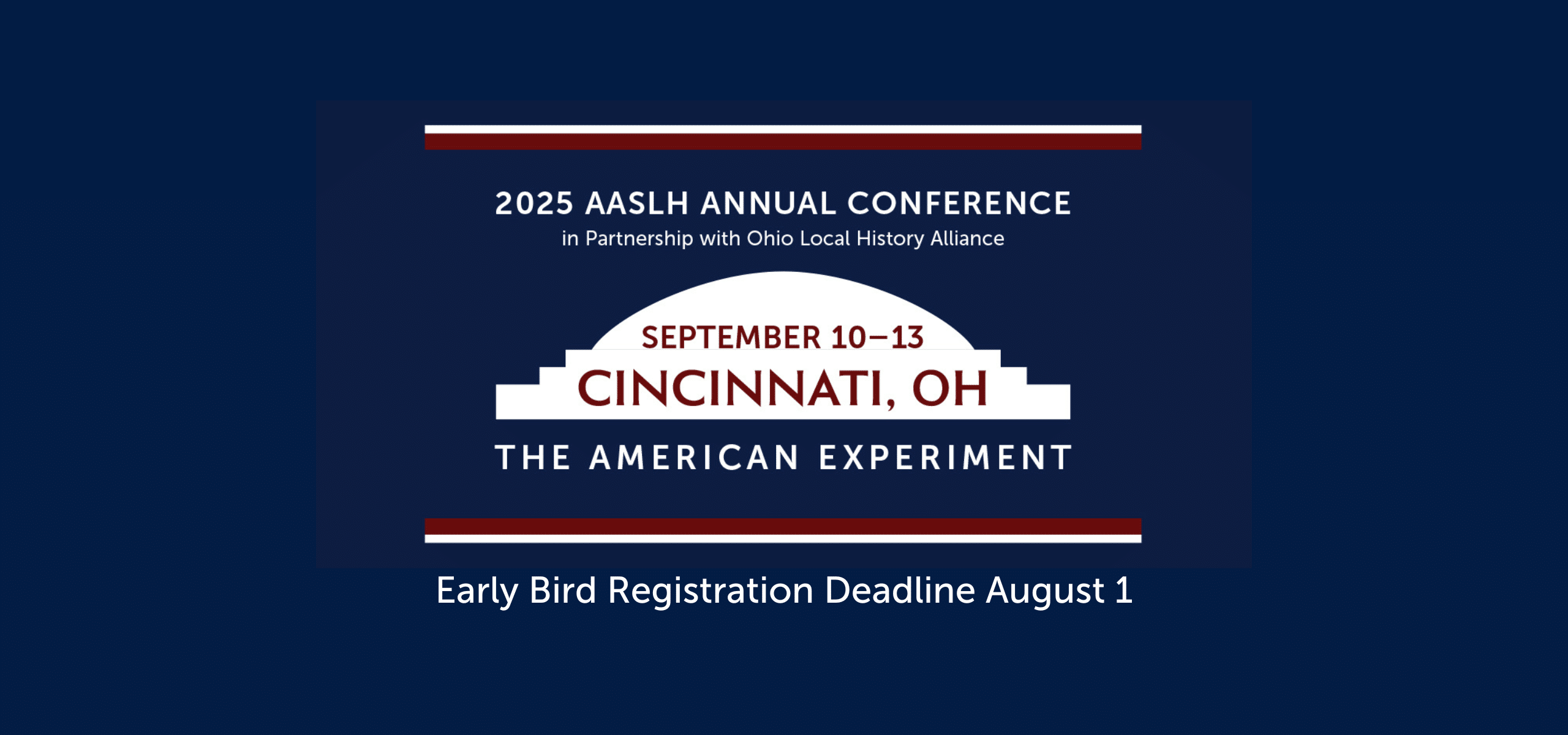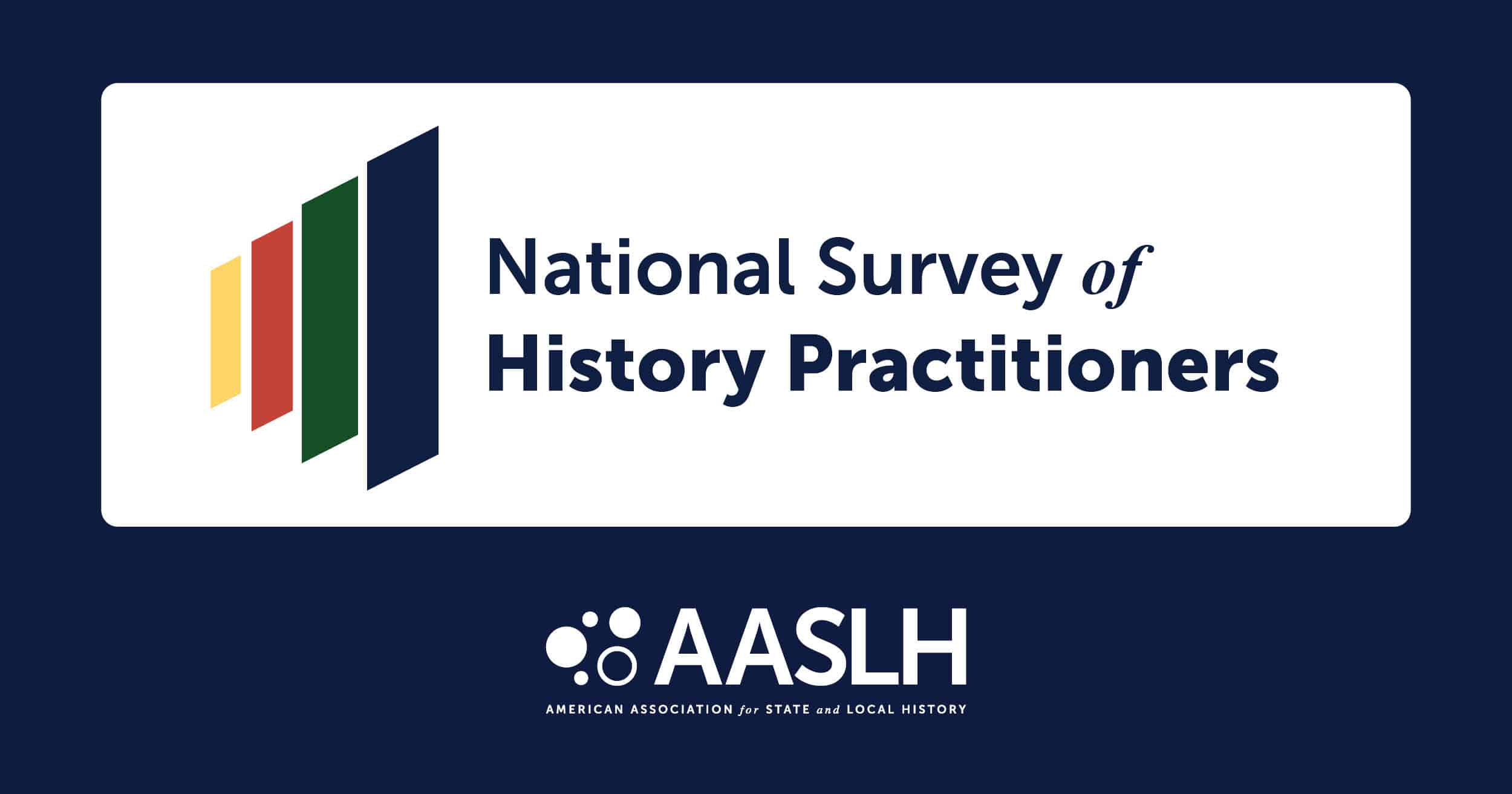 Recently I attended the American Alliance of Museums conference in charming Baltimore, Maryland. At one of the un-conference sessions and over the twitter feed (#aam2013) there was a discussion about whether history museums have a brand related to skills and skills are how history museums prove to be relevant.
Recently I attended the American Alliance of Museums conference in charming Baltimore, Maryland. At one of the un-conference sessions and over the twitter feed (#aam2013) there was a discussion about whether history museums have a brand related to skills and skills are how history museums prove to be relevant.
This left me feeling a little puzzled. More than ten years ago Sam Wineburg wrote his book Historical Thinking and Other Unnatural Acts, which got to the heart of this issue. When I saw this discussion I felt frustrated that we have been doing and actively promoting skills as educators for more than a decade.
But are we doing a good enough job advocating this position to our colleagues?
Does anyone other than the teachers we serve know that skills are a big part of what we can do?
I firmly believe a skills-based approach works beyond teachers and students and 21st century skills (http://www.p21.org/) but maybe I have communicated that effectively beyond my staff in public programs, schools programs, and the front line staff. Skills like information literacy, critical thinking, collaboration, and communication are all things that we already do and believe that we already do. But do my colleagues all know that?
When I was getting a B.A. in public history I would get questions about very specific events in history and would often reply, “A degree in history is not the acquisition of an encyclopedic knowledge of world history, but it is learning how to find out.”
How does this play out at your institution or museum?
Are there are approaches to communicating to all our visitors that we are not being explicit about within our own walls?
Maybe I need to take my act on the road, and by the road, I mean down the hallway!



